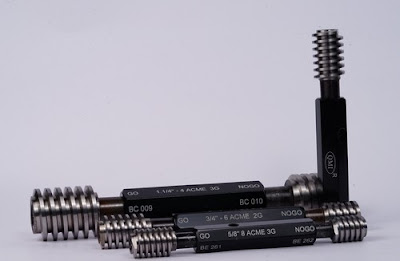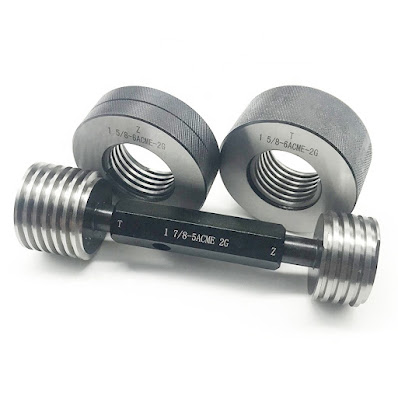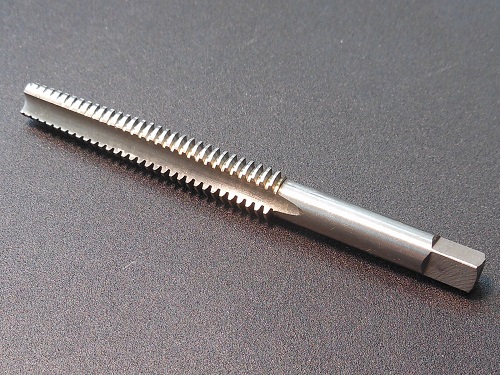Understanding Acme Thread Gauge Specifications

Introduction In the vast world of manufacturing and engineering, precision is paramount. One crucial component that plays a significant role in ensuring accuracy is the Acme thread gauge. Understanding its specifications is key to maintaining high standards in various industries. Basics of Acme Thread What is an Acme Thread? At its core, an Acme thread is a type of screw thread known for its trapezoidal shape. This design provides better efficiency, making it suitable for a range of applications, from machinery to lead screws. Common Applications Acme threads find applications in diverse industries, including automotive, aerospace, and manufacturing. Their reliability makes them a popular choice for power transmission and linear motion systems. Why Precision Matters Precision is not just a preference; it is a necessity. In applications where Acme threads are employed, even the slightest deviation can lead to operational issues, emphasizing the need for precise measurements. Key Compone...





